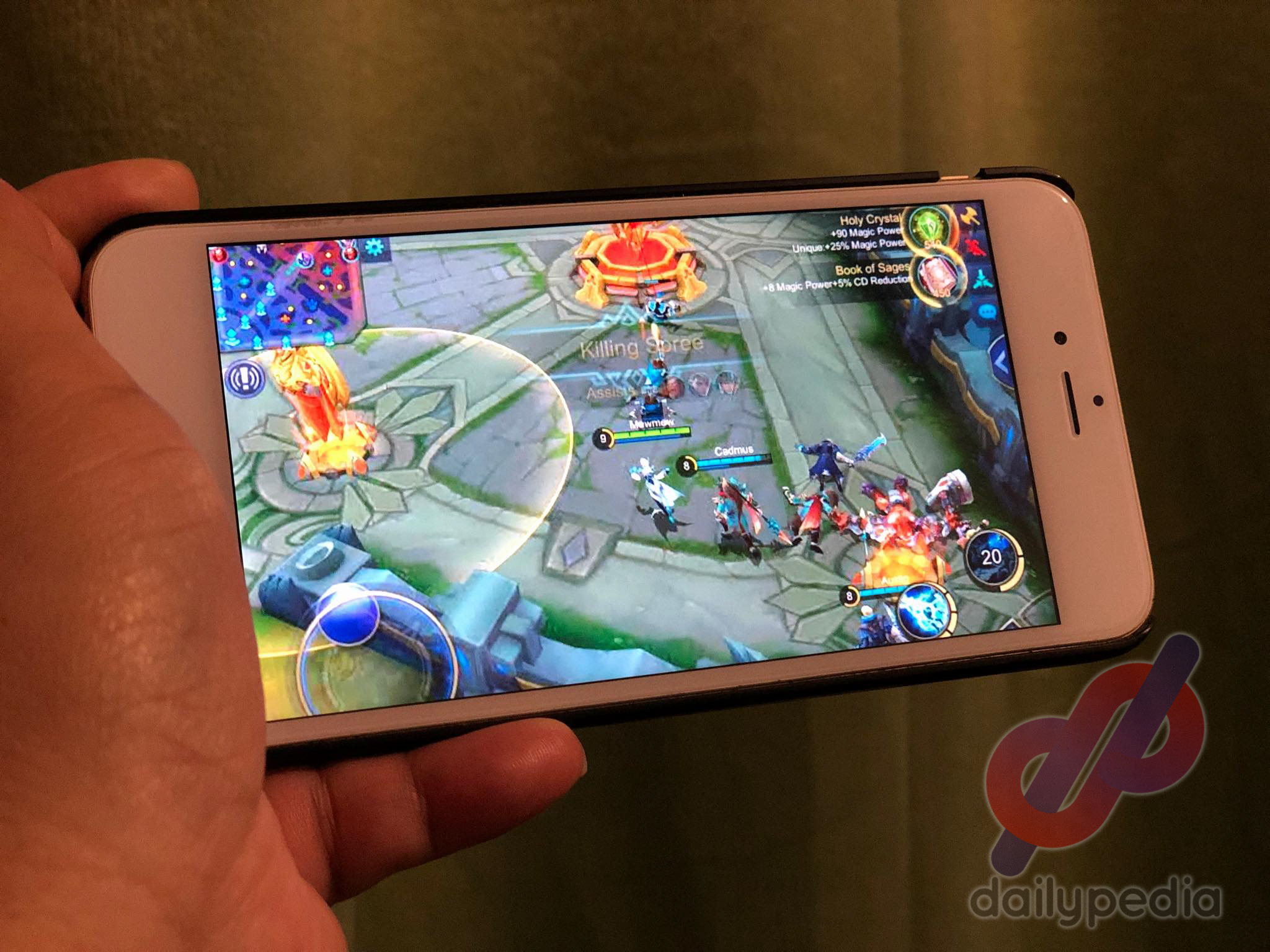One of the UK’s leading mobile network operators, EE, has issued new guidance advising parents to avoid giving smartphones to children under the age of 11.
This recommendation is in response to mounting concerns over the potential risks associated with early smartphone usage among young children.

The guidance follows a recent study by the UK communications regulator, which revealed that nearly a quarter of British children aged between five and seven now possess smartphones. This trend has sparked worry among parents, who fear that early exposure to smartphones could lead to negative consequences, such as online bullying, exposure to harmful content, and social pressure.
In its new guidelines, EE advises that children under 11 should only have access to “limited capability devices” that allow them to make calls and send texts but lack the advanced features of a smartphone. For teens under 16, the company recommends enabling parental controls and restricting social media access for children under 13.
The movement to delay smartphone access has gained traction among UK parents, particularly as children transition from primary to secondary school at age 11. While many parents cite safety reasons for providing their children with smartphones, there is increasing concern about the broader impact of these devices on young minds.
Mat Sears, EE’s corporate affairs director, acknowledged the challenges that modern technology poses for parents. “While technology and connectivity have the power to transform lives, we recognise the growing complexity of smartphones can be challenging for parents and caregivers,” Sears said. “This is why we are launching new guidelines on smartphone usage for under 11s, 11 to 13-year-olds, and 13 to 16-year-olds to help them make the best choices for their children during these formative years.”
The guidelines align with the views of US author Jonathan Haidt, who, in his recent book ‘The Anxious Generation,’ argues that smartphones are rewiring children’s brains. Haidt has called on parents to delay giving their children smartphones until they are 14 and to restrict social media access until they are 16.
Haidt emphasizes the importance of collective action, noting that it can be challenging for individual parents to enforce these rules when their children feel excluded from their peer groups. “A child ‘breaks our heart’ by telling us they are excluded from their peer group by being the only one without a phone,” Haidt said earlier this year. “These things are hard to do as one parent. But if we all do it together—if even half of us do it together—then it becomes much easier for our kids.”



